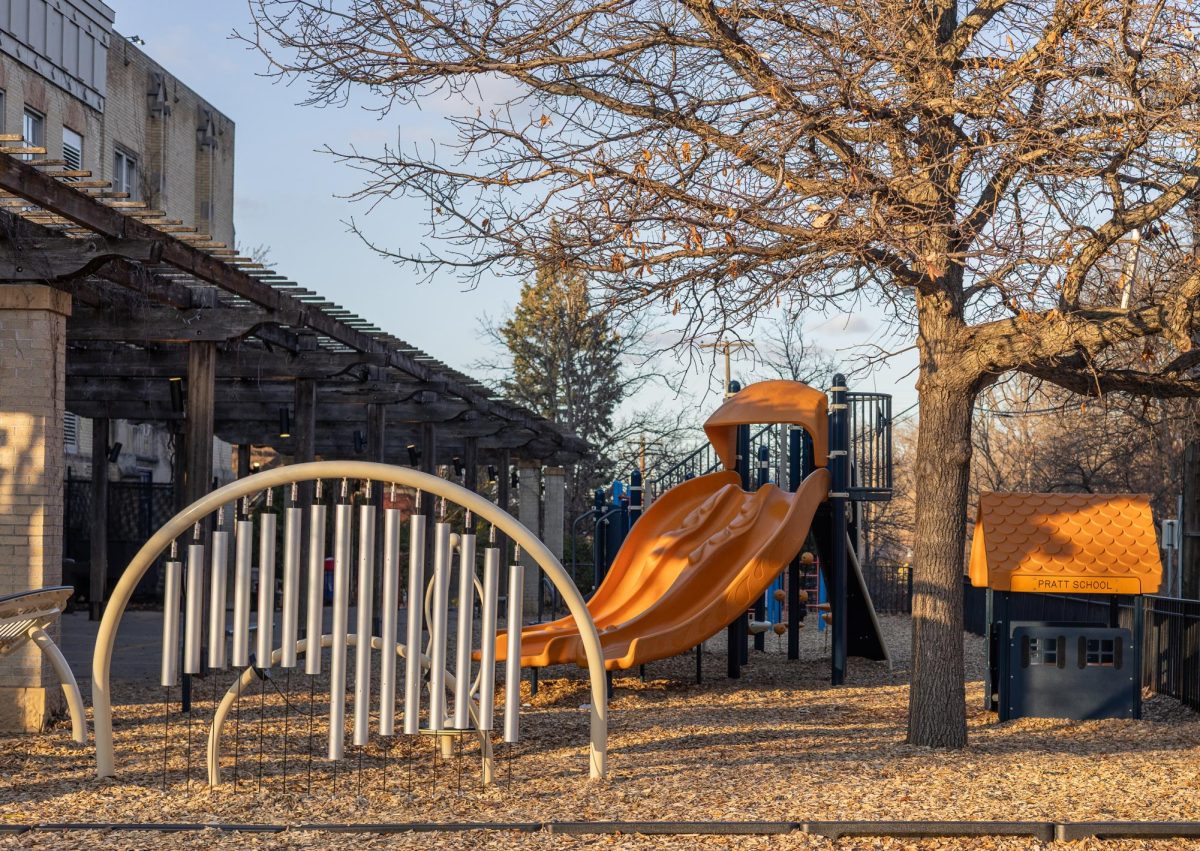Amy and Madison Woods Jackson built their home in Minneapolis’ Prospect Park neighborhood in 1908 with their three daughters. In return, the neighborhood met the family with racist protests and discrimination, with some neighbors saying no kids would play with the Jackson’s daughters.
Unphased by the discrimination, the family remained in Prospect Park and built the neighborhood’s first and only playground in their yard. Neighborhood kids quickly joined the Jackson’s three daughters, Marvel, Helen and Zelma, to play.
The Jackson family raised college graduates, a Pulitzer Prize winner, a Harlem Renaissance author and a civil rights activist.
Today, the Jackson family’s story of determination, strength and prowess lives on as an anchor for community building and education in Prospect Park.
The neighborhood Prospect Park Association (PPA) started the Jackson Project in 2019 while researching the history of racial housing discrimination in Minneapolis, according to Jerry Stein, the project’s co-chair.
Stein, a lifelong Prospect Park resident, said the project’s goals are twofold — to retell the Jackson family’s story and honor their inspiring story through community building.
“We retell the story, we get inspired by the story from the past,” Stein said. “We honor them as they deserve, and we also grow and learn and take and challenge ourselves in unexpected ways.”
Sharon Peters, the daughter of Helen Jackson, said she is proud of her grandparents’ self-made success and ability to make a legacy in a place where they were originally unwanted.
“My grandparents, the strength to set off and conduct their lives, the fact that they both ended up in Minneapolis, Minnesota, that they ended up there as African Americans at the beginning of the early 20th century, it’s quite amazing,” Peters said. “They were both very intelligent people. I’m very proud, even though I didn’t know them.”
The University of Minnesota’s Good Neighbor Fund awarded the Jackson Project $9,500 in 2025 to hold community events on May 4 and 8, where Prospect Park neighbors will learn more about the Jackson family’s legacy. In 2023, the Fund granted the Jackson Project money to renovate a playground named after the family.
The Jackson family’s legacy extends to Prospect Park’s local classrooms.
Kiah Young-Burns, a first-grade teacher at Prospect Park’s Pratt Elementary School, started incorporating the Jackson family into her curriculum in 2021. She said bringing the family’s story into her classroom was initially a personal history passion project.
“We were teaching a curriculum that does not, in my opinion, do justice to histories that include racism and discrimination,” Young-Burns said.
Following a Minneapolis Public Schools initiative to bring primary texts into the classroom, Young-Burns wrote her own primary text — a history of the Jackson family. She used local history as a lens through which her students learned about their neighborhood and broader historical topics like housing discrimination.
Other Pratt teachers began incorporating Young-Burns’ curriculum into their classrooms in 2023. Now, she said the Jackson family’s story is an essential part of how Pratt teaches history.
“Each year, kids will learn more and more in-depth about the family, but also use this as a structure to learn about how local history is national history,” Young-Burns said. “And how the history of racial justice and social justice is so connected to our lives now and today.”
Pratt teachers and PPA members worked parallel to one another in incorporating the Jackson family’s story into the fabric of their neighborhood community. They joined forces in 2023 to renovate and rename the Pratt School playground after the Jackson family.
Cathy Fitch, the president of Pratt’s Parent Teacher Organization and a Pratt parent, said a partnership between Pratt parents, educators and the PPA was inevitable.
“It just seems like a really natural partnership of the folks in the neighborhood who are invested in the school, but also in the relationship they’ve built with the Jackson family and bringing that awareness to the students,” Fitch said. “It seems like you couldn’t do it any other way.”
This school year and next, Pratt students will create an individual history project about any topic related to the Jackson family’s story, Young-Burns said, such as redlining or the Harlem Renaissance.
Peters said she has stayed connected with the Prospect Park and Pratt communities because it gives her the opportunity to connect with a family history she had previously only heard about.
“To have the playground named for the family, that alone would be very meaningful,” Peters said. “But to have this family story be part of what the Pratt School produces is phenomenal and we’re really most gratified.”
Peters said she will be visiting Pratt again this May to celebrate the students’ history projects.
Young-Burns said using local history to teach national stories of injustice makes learning history more personal for students because they can relate what they learn to the Jackson family and their own home and classroom.
“My hope is that it becomes a part of our identity as a school,” Young-Burns said. “That we think of ourselves as people who carry this history on and who learn from it.”














